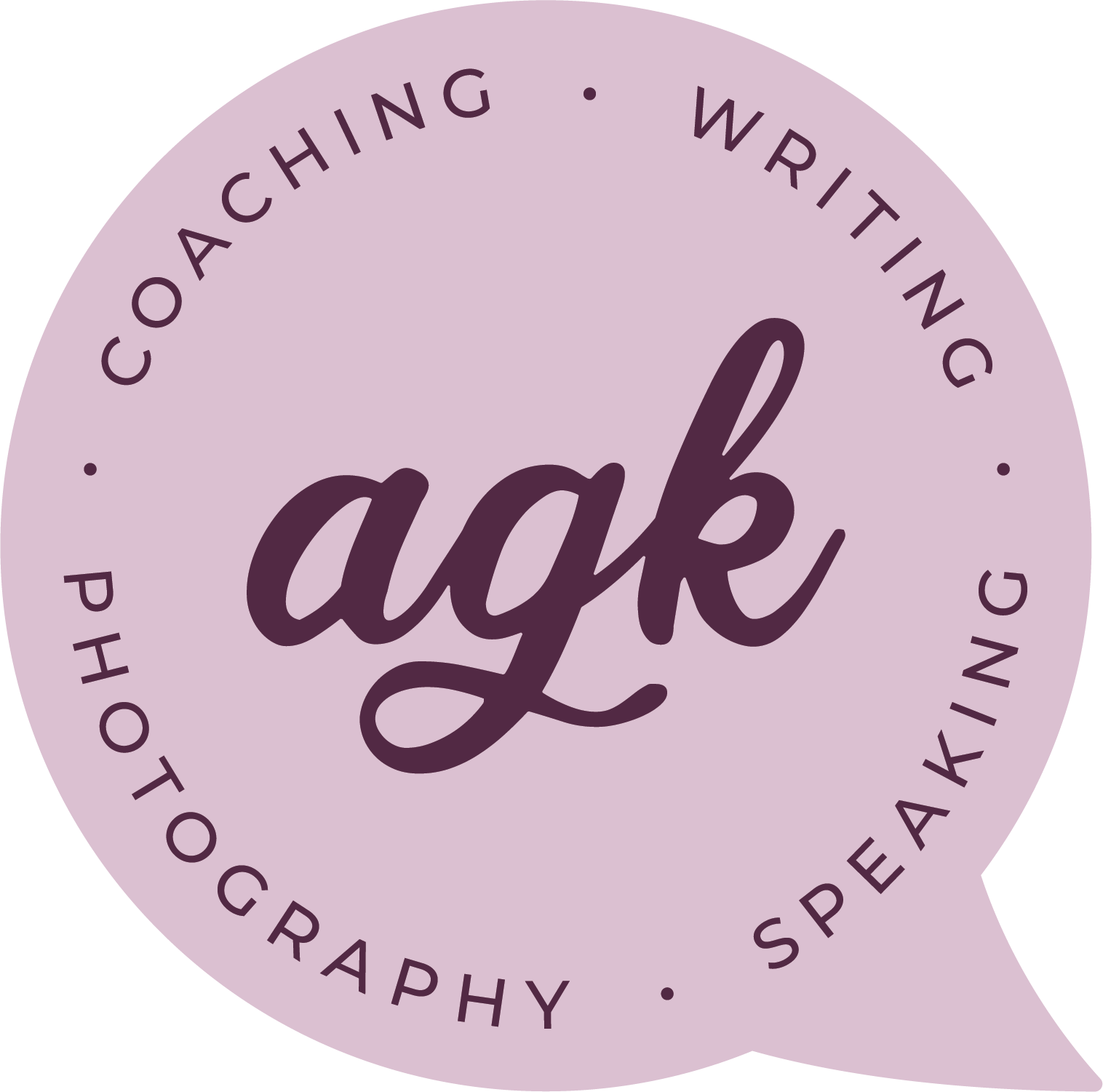Three hundred words. In just under an hour, I only manage to write 300 new words on my book. I should be annoyed. But instead, I hit save and close my laptop, content, happy with those mere 300. It was a hard scene, a memory that I rarely talk about. I sit with the emotions, tasting the memory, breathing in the safety of now as I visited the danger of yesterday.
Sometimes people talk of writing in terms of how hard it is: it’s hard to find the time, or it’s hard to get the words to come out right, or it’s hard to meet deadlines. But sometimes the writing just flat out hurts the heart. The memories are heavy, whether they happened 20 years ago or last week.
Confession: The amount of time I spend watching shows on Netflix is directly related to how hard the writing was that day.
{I watch a lot of TV these days.}
I’m writing really, really hard things. I dig deep into dark places I rarely (if ever) talk about. I’m cleaning out wounds that have scabbed over but never truly healed. Shadows that need light. Words that need release. Pieces of me that are still broken.
My shoulders slowly rise up to my ears, my teeth dig into my tongue, and my whole body goes rigid. It’s as much a physical journey as an emotional one.
It truly hurts to write.
It hurts more not to write. To keep silent. To gloss over it all with a smile, pretending I should not use what was meant for bad for good instead.
So I write through tears, through memories that weave in and out of my heart like they are the now of my life, and I sit at 300 words, happy for the steps forward, content with the progress on the project as well as my healing. I give myself grace, that every day doesn’t need to be a 2,000-word day.
When it hurts to write, give yourself space to feel. Allow yourself time to grieve the memories and the pain and the you that you were then. Write as much as you can and then let it go and move on with your day. Wind down again however you need to, be it with a visit with friends, in watching TV (sometimes it’s easier to live in someone else’s story for a while), reading for fun, walking, or whatever gives you release from the tension and pain that you dug at to bring life to your work.
When it hurts, don’t shove it away — use it.
When it hurts, do as much as you can and then let it go again.
When it hurts to write, honor your pain by acknowledging it. It’s OK to feel it, but it’s not OK to live there. Close the work and move on.
When it hurts, know you are doing valuable, good work. You are changing lives, even if it’s your own.
Originally published here { angelagilesklocke.com/ } on February 16, 2017.

